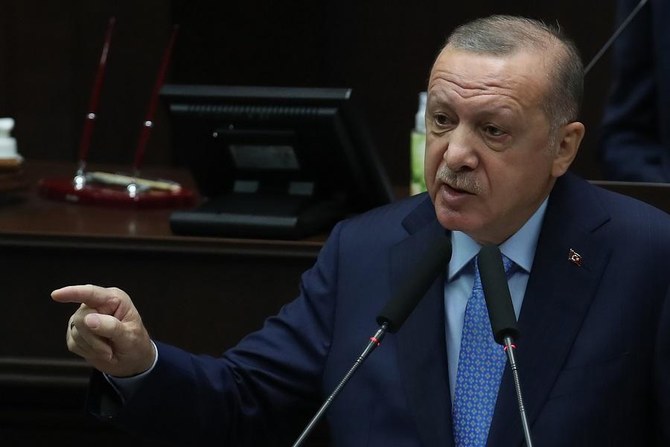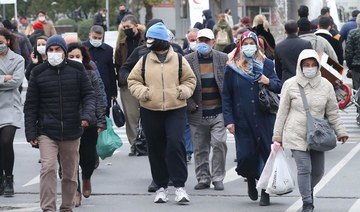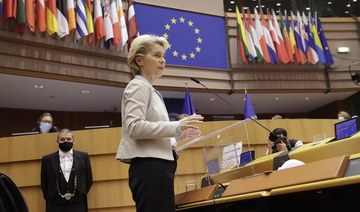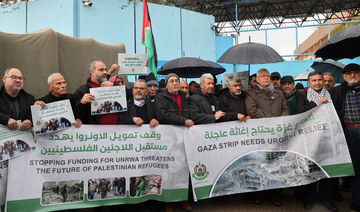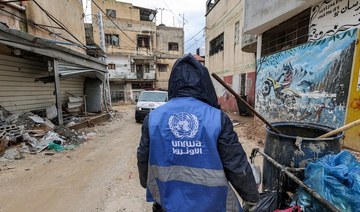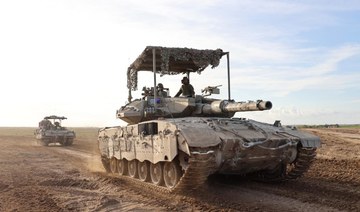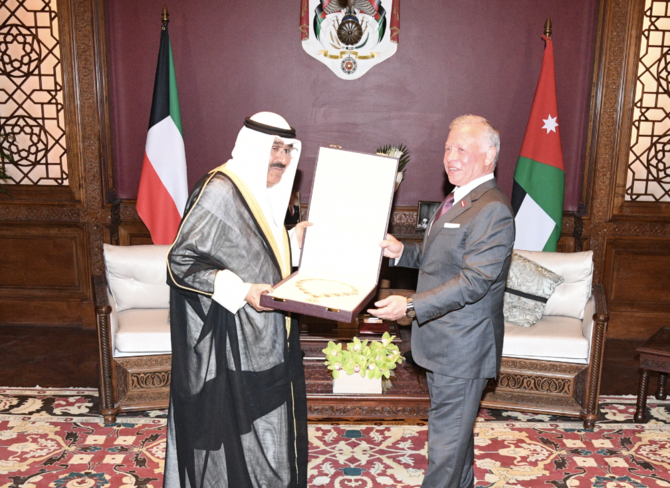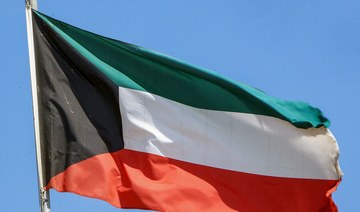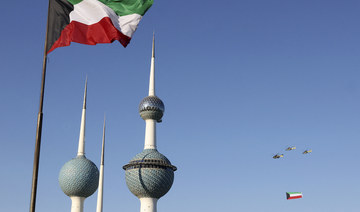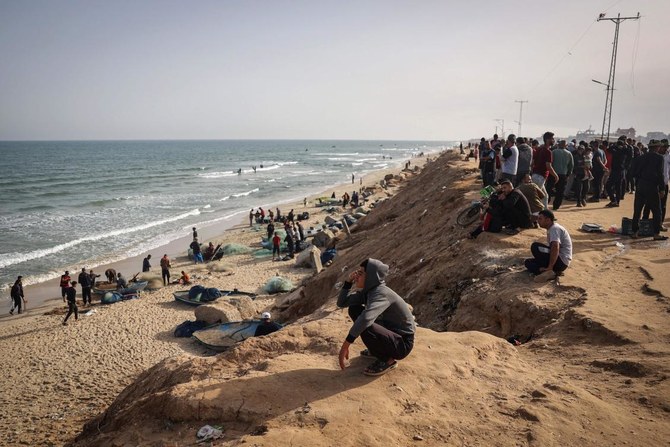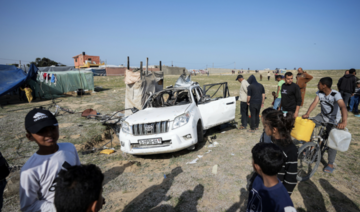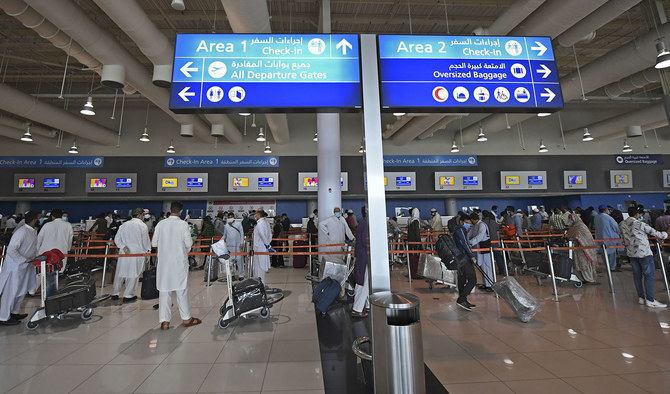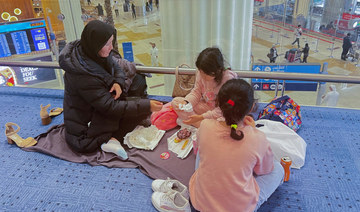ANKARA: Turkish President Recep Tayyip Erdogan’s increasingly assertive foreign policy is rankling Western allies and scaring away investors — but few analysts expect him to slow down.
Critics accuse Erdogan of whipping up patriotism in a bid to shore up support after bitter municipal election losses last year saw his rivals win in Ankara and Istanbul.
The government counters that Turkey is defending its interests in a volatile region against unfriendly nations.
Erdogan softened some of his most strident rhetoric and made a rare overture to Western partners after the scale of Turkey’s financial problems forced him to shake up his economic team earlier this month.
Yet Turkish troops and military advisers are still fanned out from Syria to Libya, causing consternation in capitals across Europe and Washington.
Erdogan is also challenging rival Greece in the eastern Mediterranean and throwing down the gauntlet to Russia by backing Azerbaijan in its victorious war with Armenia over the separatist enclave of Nagorno-Karabakh.
Analysts say this might help Erdogan attract voters in the short term — but not foreign investors who can help the flagging economy revive and thrive in the years to come.
Erdogan’s foreign policy is “creating huge uncertainty about Turkey,” said Washington’s German Marshall Fund fellow Kadri Tastan.
It creates a “combative relationship with Turkey’s main economic partners, the EU and the US,” Sinan Ulgen of Istanbul’s Center for Economics and Foreign Policy Studies agreed.
“Turkey’s trade and investment relationships are essentially with these two economic hubs.”
One of the main points of friction with the European Union involves Turkey’s search for natural gas in disputed waters near Cyprus and Greece.
The bloc warned last month that Turkey could face “immediate” sanctions if it continued. The next EU leaders’ summit is on December 10-11.
Erdogan appeared to extend an olive branch to Brussels last Saturday, insisting that “we don’t see ourselves anywhere but in Europe.”
France responded that it preferred to see Turkey change its behavior than hear Erdogan’s “soothing declarations.”
Turkey began talks to join the EU in 2005 but the process has been effectively frozen because of Europe’s ever-growing concerns about Erdogan’s rule.
Erdogan’s softer tone also included a promise of judicial reform that followed Joe Biden’s election as US president.
Biden represents a potential problem following Erdogan’s friendship with Donald Trump, who never made Turkey’s deteriorating rights record a top-line concern.
Greece and Egypt in particular are hoping Biden will take on a more active role to resolve the Mediterranean crisis.
Turkey also faces the threat of US sanctions after its controversial purchase of Russia’s advanced S-400 anti-missile systems, especially after Biden’s win.
“There is therefore a high risk Turkish-US relations will reach a new low in 2021,” Verisk Maplecroft risk consultancy analyst Anthony Skinner said.
Erdogan’s foreign policy push intensified after he survived a 2016 attempted coup, when he felt “left alone by traditional partners in the West,” said Sinem Adar, an associate at the Center for Applied Turkey Studies in Berlin.
Erdogan believes “Turkey can no longer trust Europe and the US to support its security,” she added, pointing to a speech he gave in October 2016 defending his campaigns against Kurdish targets in Syria and northern Iraq.
“We will henceforth protect the right of this nation with a tit-for-tat fight in the field and with a seat at the table, if need be,” Erdogan said.
And again last month, Erdogan complained of “a blatant attempt to put Turkey under siege” that involves “crisis points from Syria to the Mediterranean to the Caucasus.”
Turkey has poured hundreds of millions of dollars developing its own defenses, which Adar said meant that it can now engage in multiple fronts.
“That is an enabling factor of this increasing aggressiveness,” she told AFP.
“The boundaries between domestic politics and foreign policy have become increasingly blurred.”
This approach has compounded the pain of a Turkish economy that analysts believe has been mismanaged for years.
The lira has lost about a quarter of its value against the dollar since the start of 2020 and annual inflation hovers at around 12 percent.
“Rising geopolitical risk puts pressure on the domestic currency,” Ulgen said, and also “affects portfolio flows as well as foreign direct investments.”
Foreign direct investments — money that goes into creating jobs by building factories and helping grow existing businesses — fell to $8.7 billion last year from a peak of $22 billion in 2007, according to World Bank data.
The majority of this investment comes from Europe, Tastan said.
One example came last year when Germany’s Volkswagen postponed a decision on whether to build a new factory in Turkey after the Turkish offensive in northern Syria.
It ultimately canceled the plans in July because of the coronavirus pandemic.



